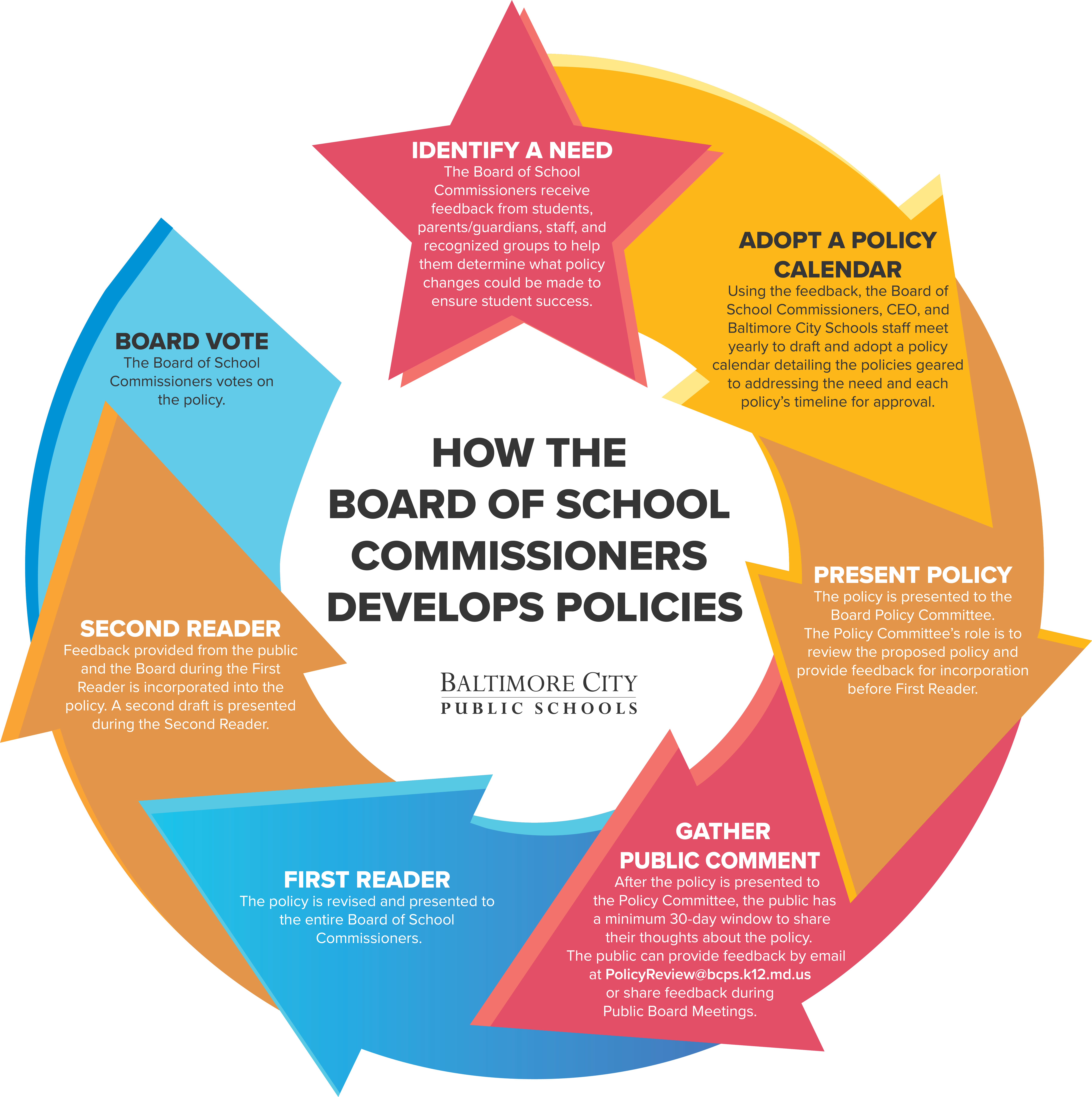City Schools' students can use the Student Input Submission Form to share ideas, questions, or concerns related to school policies, leadership, events, and more. Submissions are reviewed weekly and shared with the Board of School Commissioners and Board Office.
To submit feedback, click here.



